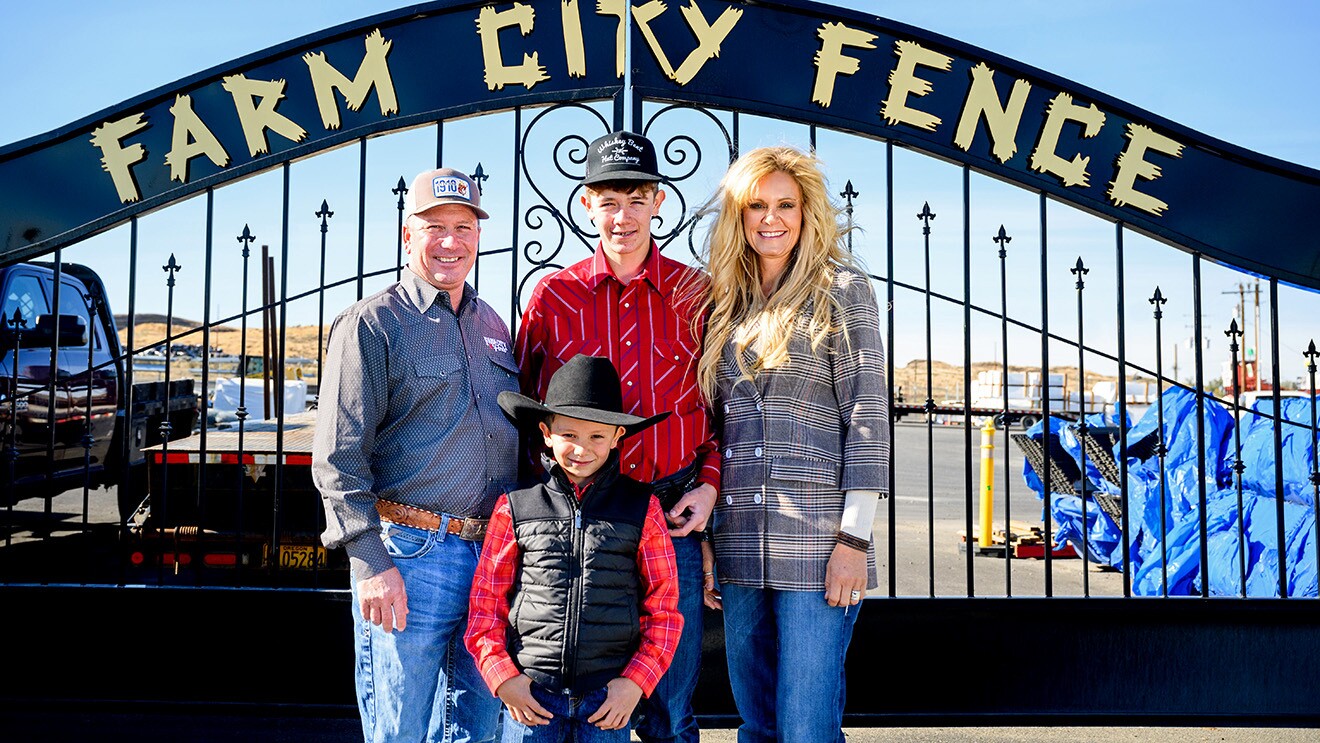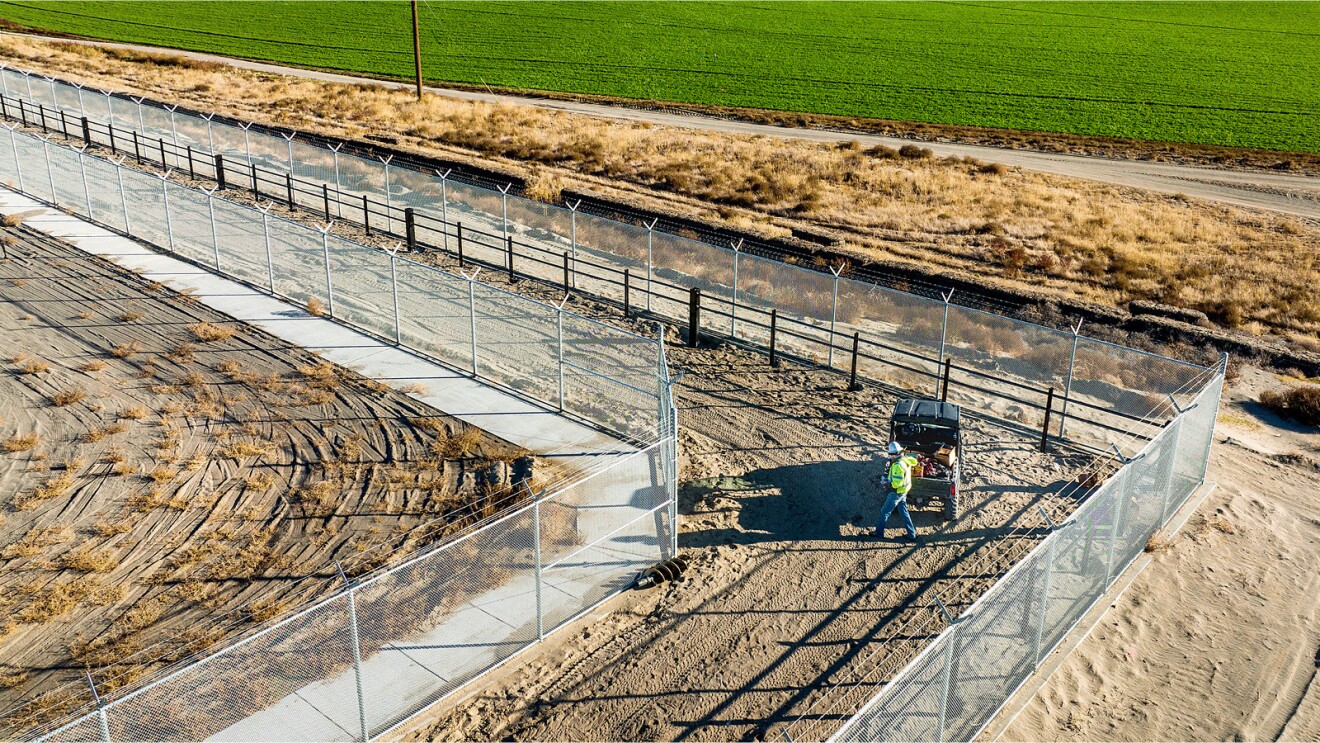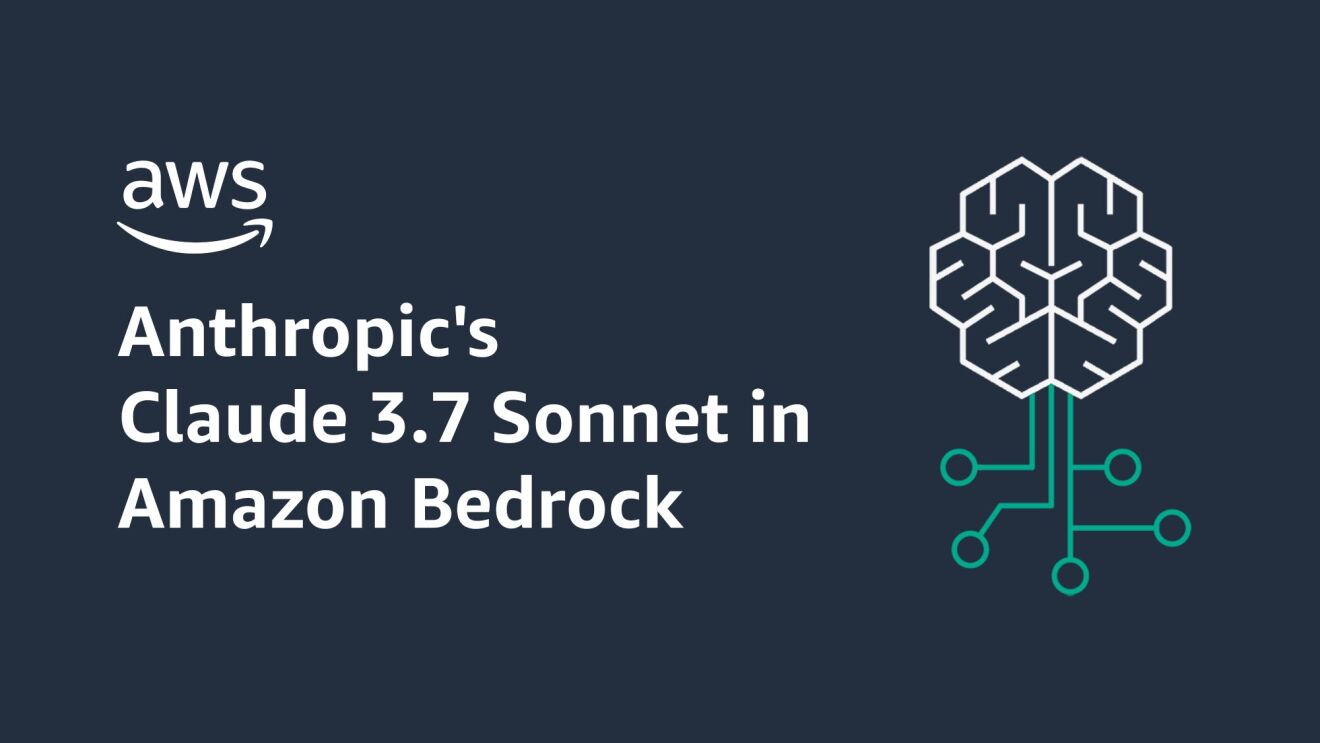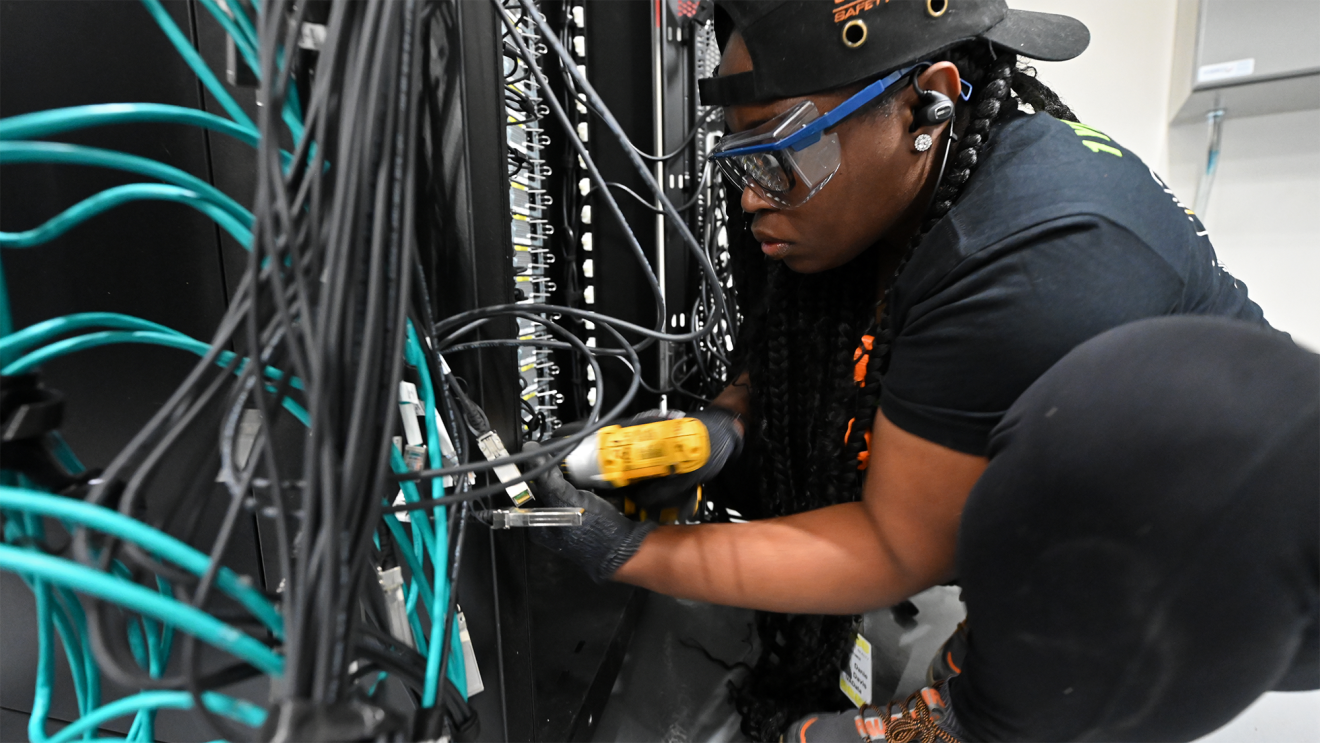

Page overview
Lasso that debt
After years on the rodeo circuit, Eng admits he’d accumulated some debt. But he knew having that pressure as he tried to grow Farm City Fence could drag down operations and how he dealt with customers. So, he and his wife put together a plan to pay off what they owed and remain free of such obligations. He said that establishing a solid financial footing can put a business on a more solid path for the future.
Eng is old school when it comes to believing that business owners should stand behind everything they say and every commitment they make, especially in the early going.

“If you’re going to build your business, you need to build it on your word and relationship with the customer,” he said. “Every job I took, if I said I could do it, I had to do it. My word and handshake were everything.”
Eventually, he said, that attitude led to his name getting around, people recognizing his team did admirable work, and people saying, “This guy is good. He’s honest. He works hard.”
Ranch hands say that they can pick the right horse by looking for spirit, color, and expression in their eyes. If you see all of that in a client, you might have a good one.
While it’s not easy in these days of video calls to be face-to-face with people, selecting good clients and jobs should be a top priority, Eng said. Doing that typically comes down to one thing—assessing opportunity. If something seems high risk, avoid it, he said. But if it is moderately risky, then he recommends assessing its short- and long-term possibilities to see if it might be worth taking a chance.

“I tell my boys all the time that you’re only going to have so many opportunities in your lifetime,” Eng said. “You need to recognize an opportunity. Don’t turn a blind eye to an idea. At least think about it. There may be some risk, but you could meet someone along the way who will lead you to bigger jobs. I took that approach when we started work with AWS.”
When cowhands move cattle across vast swathes of land, they don’t run them. They walk them, at a slow steady pace, because it is usually going to be a long and exhausting journey.
Eng said business leaders should be similarly prepared to take time with major decisions. In fact, whenever risk is involved in a decision, he and his wife apply a three-day rule.
“The way I recognize an opportunity is I talk to somebody, listen to them, and if it’s an opportunity worth taking a risk on, we think about it for three days,” he said. “We don’t make decisions on a whim. It’s just our code of ethics.”
In the bronc riding world, there is that moment before the gate swings open, when you just don’t know how it’s going to end. The possibilities swing wildy from you on your back in the dirt, all the way to riding with style straight to the winner's circle. Point is, Eng said, you need to be prepared to handle the uncertainty, and try as hard as you can not to end up in the dirt. That is never more true than when building a business, Eng said, and that also applies to the people you hire.

Eng built Farm City Fence by hiring people with that same fierce bronc riding attitude one at a time. Some of that came down to finding workers with the experience and smarts to help propel his business. But he also prioritized people with passion. People who seemed to “care.”
“My business has been more successful than most because I focused right out of the gate on hiring people who give a damn,” he said. “I hired people who knew what they were doing and stayed out of their way. I let them manage themselves.”
He also wanted employees with can-do attitudes, because like any cowboy, he knows you can’t lead your herd across a prairie of uncertainty with naysayer attitudes.

“‘I can’t’ is not in my vocabulary,” Eng said.
As an example, Eng told the story of a large manufacturing company hiring him to build a fence that rose from the floor to a high ceiling and then wrap it in plastic, something nobody had ever asked him to do.
Walking away from the customer meeting an employee asked, “How are we going to do that?”
Although Eng said he prefers to let his team do their work without his involvement, he adds that there’s still value in business leaders rolling up their sleeves and getting their hands dirty on occasion. He wants his people to know that if there is a problem, he is there to help and can “do” the work.
“That’s huge. That’s top shelf. I am ready and able to go out there and help get the work—whatever work it might be—done,” he said.

When businesses start out, owners often think about the kind of culture they want to establish.
For Eng, that was all about family values. He wanted a workplace where leaders wouldn’t talk down to employees, but would treat them with respect—not as just a bunch of replaceable cowhands or fence builders, but as people with whom he wanted enduring relationships—like family and great friends.
“I take care of my people by believing in them and helping them if they need help,” he said. “As long as they don’t steal from me or lie to me, we will remain friends well beyond Farm City Fence.”










